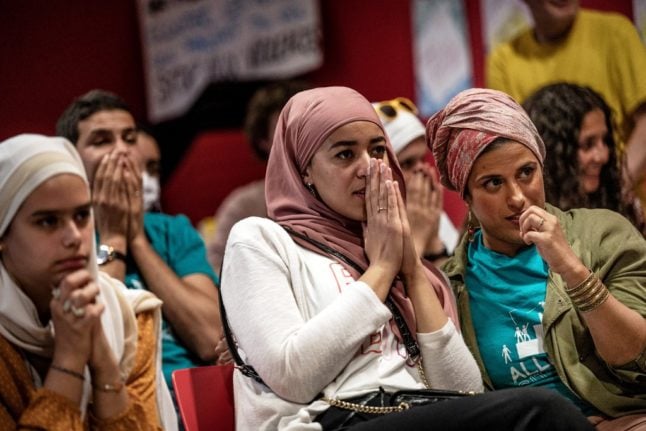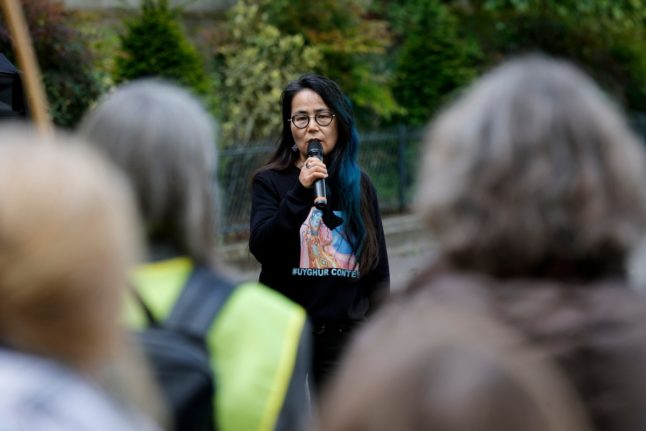The all-in-one swimsuit, used by some Muslim women to cover their bodies and hair while bathing, is a controversial issue in France where critics see it as a symbol of creeping Islamisation.
The Alpine city of Grenoble changed its swimming pool rules on Monday to allow all types of bathing suits, not just traditional swimming costumes for women and trunks for men which were mandated before.
Interior Minister Gerald Darmanin called the change an “unacceptable provocation” that was “contrary to our values”, adding that he had asked for a legal challenge to the new regulations.
Under a new law to counter “Islamist separatism” passed by parliament last year, the government can challenge decisions it suspects of undermining France’s strict secular traditions that are meant to separate religions from the state.
Attempts by several local mayors in the south of France to ban the burkini on Mediterranean beaches in the summer of 2016 kicked off the first firestorm around the bathing suit.
The restrictions were eventually overturned for being discriminatory.
Grenoble’s mayor Eric Piolle, one of the country’s highest profile Green politicians who leads a broad left-wing coalition locally, has championed the city’s move as a victory.
“All we want is for women and men to be able to dress how they want,” Piolle told broadcaster RMC on Monday.
The head of the EELV party, Julien Bayou, argued that the decision had nothing to do with secularism laws, which oblige state officials to be neutral in religious matters but guarantee the rights of citizens to practice their faith freely.
Burkinis are not banned in French state-run pools on religious grounds, but for hygiene reasons, while swimmers are not under any legal obligation to hide their religion while bathing.
“I want Muslim women to be able to practice their religion, or change it, or not believe, and I would like them to be able to go swimming,” he added. “I want them also to suffer less demands to dress in one way or another.”
Grenoble is not the first French city to change its rules.
The northwestern city of Rennes quietly updated its pool code in 2019 to allow burkinis and other types of swimwear.



 Please whitelist us to continue reading.
Please whitelist us to continue reading.
Member comments